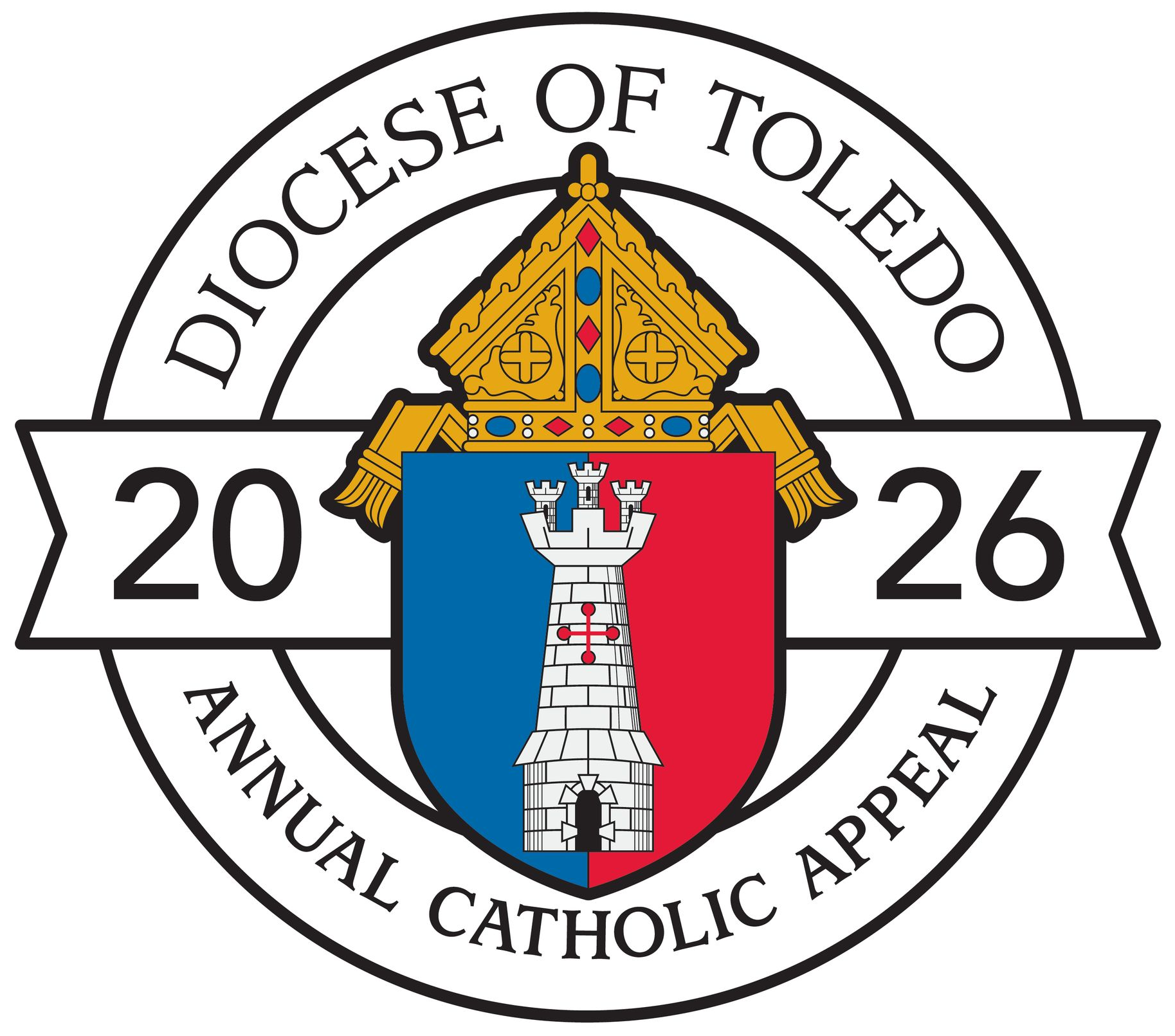The Liturgy Corner - The WORD Part 1: The Lectionary
I want to start a new short series in this Liturgy Corner on ‘the Word’. Here, we will explore various topics to help us all better understand the Liturgy of the Word, the use of Scripture in the Liturgy in general, and how to better pray and enter into the Liturgy through Scripture. I can understand why this topic may seem boring or overly intellectual at times to some. But bear with me. I believe it can have significant practical applications to your spiritual lives. That being said, the topic for today may seem a little anecdotal.
I want to start with a brief intro to understanding the Lectionary (the name for the tome of Scripture selections used for Mass.) The current Lectionary in use by the Church was instituted at the Second Vatican Council in 1969. The changes made compared to the Lectionary used before were extensive. One of the main objectives for the change was to broaden the number of Scripture passages heard at Mass.
The Sunday Lectionary follows a three-year cycle of readings: Year A, B, and C. The three years cover a broad expanse of Scripture selections with only a little crossover. You may have noticed how each of the three years focused primarily on one of the three synoptic Gospels (Matthew, Mark, and Luke). The word ‘synoptic’ means ‘seen together. These three Gospels are called such because there is significant crossover in the stories and sayings of Jesus that they contain.'
John’s Gospel is rather unique in comparison, and John has a different focus and literary style compared to the synoptics. Passages from the Gospel according to John are sprinkled throughout each of the years, though there is a greater portion in the year that focuses on the Gospel according to Mark since his Gospel account is shortest of the three synoptics. Touching upon the three synoptic Gospels again briefly, it can be very interesting to find a story that appears in all three and compare them side by side.
In the Sunday Lectionary, the first reading is always (with exceptions for some seasons) taken from the Old Testament. You may already know this or have intuited it through experience, but the choice of the first reading is always (once again, with exceptions) related to the Gospel passage in some way. The general purpose of this system is to show the relationship between the Old Testament and the life of Christ. The work of God in the Old Testament all leads up to and culminates in the coming of Christ, and the Church tries to teach us this, in general and in particular, through the connections between the first readings and the Gospel passages on Sundays. The responsorial psalm choice for each Sunday is intended to provide a link between the Gospel and the Old Testament. It can be very fruitful and fascinating to read the Sunday readings before Mass and ask, “how are the two connected?” Take, for example, the readings for today. In the Old Testament, we have the story of Abraham’s persistent prayer to God, asking for mercy on the city of Sodom. In the Gospel, Jesus teaches about the importance of persistence in prayer. And the psalm response? “Lord, on the day I called for help, you answered me.” Conveniently, the connections are easy to see this week. The Second reading is not chosen to relate to the first reading and the Gospel (though I often find that it does connect in some way.) Rather, the cycle systematically samples the various letters of the New Testament.
The weekday Lectionary follows a two-year cycle: simply Year 1 and 2. Unlike on Sundays, the first reading is less consistently from the Old Testament and is not necessarily connected to Gospel passage for the day, though I often find that they still connect. There is a separate lectionary for special solemnities and feasts and optional reading choices for various saints.
This is a very brief introduction to the Lectionary. But I hope it clears up a point or two for you, and I certainly hope that it will help you to appreciate and understand the Scripture choices each Sunday a little bit more.





